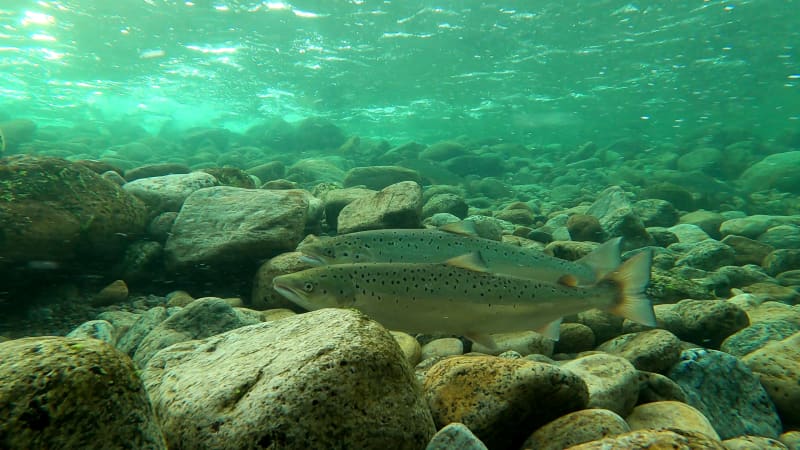The Norwegian Environmental Agency wants to drastically restrict salmon fishing where and at sea – “Every fish is valuable, says salmon researcher

Jaakko Erkinaro, a salmon researcher at Luke, believes that the proposal of the Norwegian Environmental Agency is good, because then more spawning fish can rise to the Tenojoki River.
The Norwegian Environmental Agency intends to stop sea salmon fishing in Finnmark this year. In addition, the Environmental Agency wants to restrict salmon fishing in three fjords and 42 rivers across the country.
According to the Environment Agency, it is very important to limit salmon fishing in Finnmark and especially in the Tenojoki River because it is one of the most important salmon in the world.
– Teno salmon is fished from the sea throughout the Finnmark area. Therefore, the state of the Tenojoki salmon stocks firmly controls what fish you can ask for from the sea, continues Hambro.
With a spawning fish, a better chance of getting up to the river
However, Erkinaro emphasizes that the reason for the poor state of the Atlantic salmon is changes in the ecosystem and climate change, not so much coastal fishing.
– There are now things that do not promote the state of salmon stocks, and it is virtually impossible to influence them in the short term. In that sense, even the last fishing is well justified, says Erkinaro.
Although any prohibition on sea fishing may arouse dissatisfaction with local communities, fishermen and owners of fishing rights, it provides a better chance of getting into the Tenojoki River, Erkinaro says.
– The fish that are subjected to Norwegian coastal fishing may survive until spawning. Every fish is valuable that can reproduce and produce the next generation of salmon.
The state of salmon stocks has been bad for a long time
The Tenojoki River has been banned for the last four years. Last summer, local communities were able to ask for salmon with an exemption. Even in Näätämö, salmon fishing has been limited in recent years.
Last year, in southern and central Norway, salmon fishing was suspended in the middle of the fishing season in the 33 river due to low salmon rise. About half of them were allowed again in July, but the famous Orkla River, located in Norway, was closed at Vaasa height.
According to researchers, there are many individual factors behind the poor state of nature. These include, at least the breakdown of hiking connections, decline in water quality as a result of acidification, and warming climate and its changes, for example, in sea salt content, temperature distribution and flow conditions.
There have also been major changes in the marine ecosystems and food networks due to variations in chemical and physical properties, which directly affects salmon coping opportunities.
